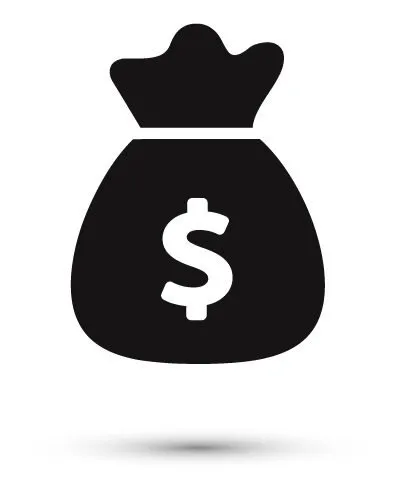Why do people decide to buy? Some consumers use an intense system of thorough investigation before they decide to purchase, while others are basic impulse shoppers. Either way, three factors affect all purchasing decisions: economic, functional, and psychological. Retailers should be familiar with the impact each factor has on the minds of consumers.
Apple, Inc. was flawless in their execution when they rolled out the iPhone and iPad because they knew what made consumers act. They knew the emotional hot buttons. They knew how to create enough excitement about a new line of entertainment gear that, for many, a simple “want” transformed into a self-justified, immediate need.
If you want a better understanding of how consumers act, implement these three factors into your marketing and sales plans:
The EconomicFactorEconomic Factor
This is the foundation of a purchasing decision. People can’t buy what they can’t afford no matter how badly they need it or want it. However, affordability is often a matter of perspective, which would explain why so many consumers use “creative” budgeting to get the things they really want.
In our business, the economic factor is represented in the terms of down payments and monthly payments. You will be better served to hold your considerations of this most basic of the three factors to the end, long after you’ve gained the attention and interest of your prospects. Otherwise, you will run into the common scenario of “these customers have no money” problems. To stay off that road, focus on the other two factors first.
The Functional Factor
The functional factor is all about needs. It’s about logic, what makes sense, and the best interest of the customer. Although it too plays an important role in the decision to buy, it is the boring factor and typically doesn’t affect the emotional appeal.
That being said, the functional factor is perhaps the most important of all three when it comes to special finance. A dealer must set the customer up for success and not for failure. It is much too easy to get a customer excited about a vehicle that is out of their price range and/or does not meet their needs. A dealer with a strong special finance program is able to weave logic into the equation and convince the customer to do what is in their best interest by taking time to learn and understand their needs first.
If you take the time to uncover the needs with a thorough analysis, you will build more rapport and be much more likely to earn the customer’s trust in the process. Then, when you introduce the logical choice later in the sale, your customer will be more apt to follow your advice and direction rather than seeing you as just another fast-talking salesperson.
The Psychological Factorsychological Factor
All effective advertising appeals to emotion or the psychological side of the sale. The psychological factor is all about what the customer wants. To divert the customer from the “wrong” vehicle and effectively bypass the price, a special finance salesperson must introduce the psychological elements of the sale early in the process. One effective method that I recommend is to show the customer the merits of establishing or re-establishing a positive credit score. To be effective, you have to build the vision of an easier life for them with good credit, and then, get their buy-in.
Personal image is also an important emotional hot button. Having an iPhone is a social statement. Likewise are having a nice car and home. People want the best they can afford and, more often than not, the best they can’t afford. That’s why the most powerful commercials focus on image and not price. Image, fear, wants and dreams are all-powerful emotional forces that drive the decision to buy. If used in a timely fashion, they will be the forces behind higher down payments and profit.
Stay up-to-date on the latest special finance trends with DealerStrong’s Performance Groups.


